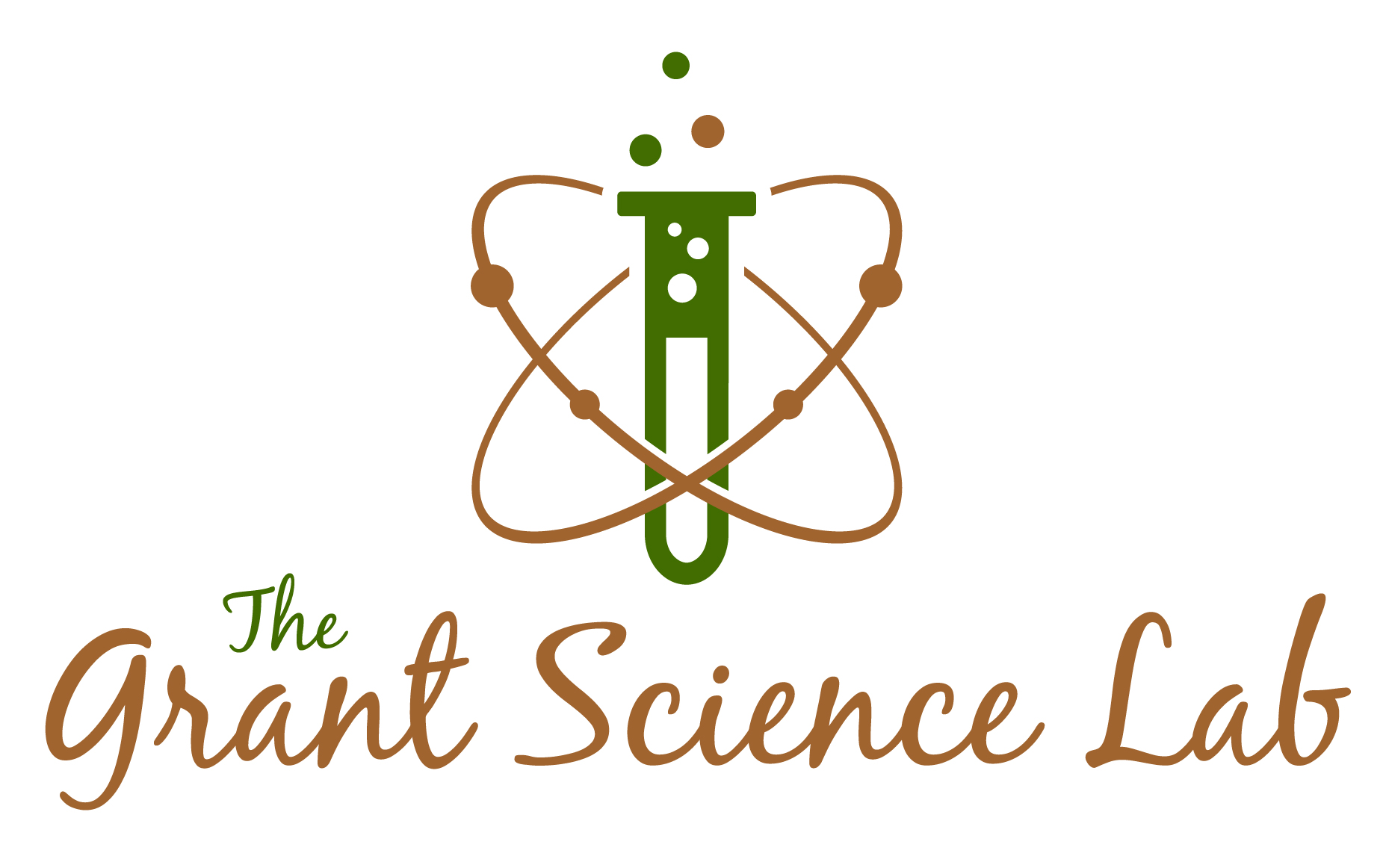A Second Career
I spent over twenty years as a professor of biology and laboratory researcher at a small research university. Teaching biology took up most of my time, but writing grant proposals for my research ideas was a big part of that career. As a plant scientist surrounded by cancer researchers, my research interests did not align well, so I was on my own most of the time writing these research grants. Federal grant applications for research proposals have very specific requirements. Preparing one for submission is an exacting task. Therefore, I have crunched numbers for budgets, solicited bids for equipment and services, researched the science behind my ideas, and asked for letters of support, then put it all together in the grant proposal format required by the agency. If funded, as the principal investigator, I had to manage everything, not just the fun part of conducting the experiments to push back the frontiers of science. Hiring people, shopping for supplies and equipment, dealing with compliance, and reporting requirements were all part of the process. When my academic career ended, I was responsible for nearly 1.3 million dollars in extramural funds as a principal investigator, co-principal investigator, or participating scientist. That may not seem like much to some, but it was respectable for me and my circumstances at the time.
A college professor is constantly reading, reviewing, and writing about the teaching or the research subjects to stay current. One of the great privileges of being an academic is reviewing the work of others. As a biologist, I provided ad hoc reviews for research grant proposals, book chapters, and other educational material. Sometimes, reviews included pay. In addition to those reviews a few times, I had the privilege of serving on several NSF panels. I continue to review scientific work as a Georgia Tech’s Institutional Biosafety Committee community member. These opportunities were great learning experiences as a biology professor. Now, moving into another career, you can benefit from my invaluable experience. In that career, I can offer peer review for grant proposals and other documents, rejection analysis of unfunded grant proposals, and mentoring to academic life scientists.
So, why leave academic science?
It was not my choice. In an unusual move, the university decided to lay off faculty, including the tenured, during the middle of the semester. As one of the tenured victims, it was especially devastating because I was an NSF PI then. Relocating with that grant was not an option, even under the best circumstances. Since I had to make a career change, grant proposals and academic consulting were logical choices. As part of the journey, I rediscovered the violin and now play in two community orchestras. My music background as an amateur musician, youth orchestra parent, and service as a school music booster treasurer led me to consult for life science academics and other scientists. Now I happily work from home part-time for individual clients and as a subcontractor, as I meander toward real retirement serving the scientific community.
